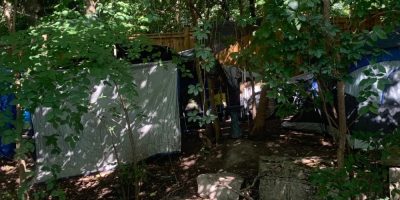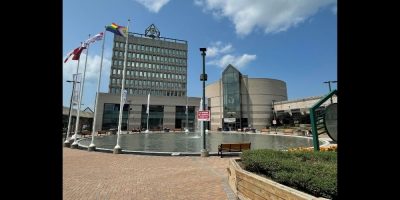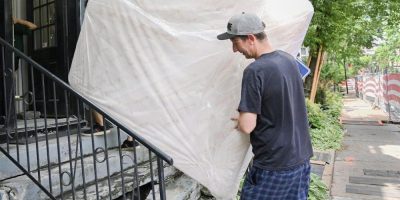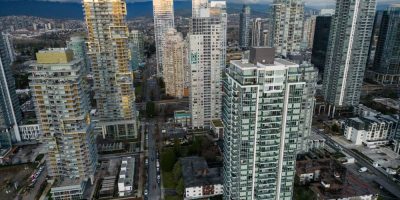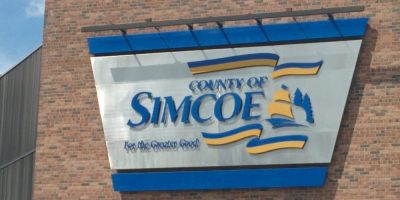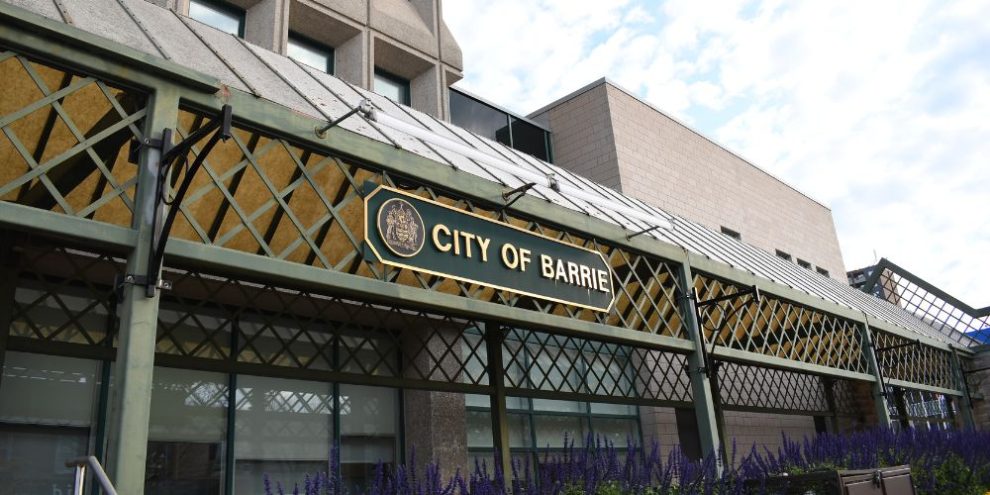
Barrie City Council has endorsed the City’s portion of Mayor Alex Nuttall’s 2026 Budget, marking the fourth consecutive year with no increase to the City’s operating budget. At the same time, the budget continues a 2% contribution to the Infrastructure Investment Funding levy, ensuring critical upgrades to roads, facilities, and community spaces.
Under Ontario’s Strong Mayor legislation, the Mayor presents a proposed budget to Council before February 1 each year. This year’s plan focuses on keeping taxes stable while investing in projects that enhance quality of life for residents and businesses.
“When I was elected, I promised to keep taxes stable and deliver real value for residents, and I’m proud that, for the fourth year in a row, we’ve been able to do exactly that,” said Mayor Alex Nuttall. “This budget makes important investments in the projects and services that matter most to our community—from new recreation and library spaces to upgraded infrastructure—ensuring Barrie continues to grow and thrive.”
Key Highlights of the 2026 Budget
- New Community Spaces
- Mixed-use recreation centre and library in south Barrie
- Performing Arts Centre on the waterfront
- New facility for Sea Cadets
- Barrie Public Library satellite branch in northwest Barrie
- Major Collaboration Projects
- Lakehead University’s Barrie STEM Hub
- Georgian College downtown location
- New YMCA in south Barrie
- Regional Innovation Centre
- Infrastructure & Transportation
- $41M annually for transportation and construction, including:
- Yonge/Mapleview road expansion
- Huronia/McKay sewer improvements
- 16 neighbourhood renewal projects
- $19.8M for drainage and sewer upgrades
- Continued road improvements to reduce congestion
- Dunlop St. and Bayfield St. bridge replacements (MTO-led)
- $41M annually for transportation and construction, including:
- Sustainability & Parks
- Continued electrification of City vehicles
- Renewal and revitalization of several City parks
What It Means for Residents
The Infrastructure Investment Funding levy will cost the average household about $104 next year. The operating budget covers essential services such as water and wastewater treatment, snow clearing, waste collection, public transit, parks, recreation, and firefighting.
The residential property tax bill includes four components: operations, capital, service partners (library, police, County of Simcoe), and education. While Council controls City services, it has limited influence over service partners and no control over education funding.
Next Steps: The service partner portion of the budget will be reviewed by the Finance and Responsible Governance Committee on November 26, then presented to General Committee on December 3, with final Council approval expected on December 10.
For full details, visit barrie.ca/budget.
